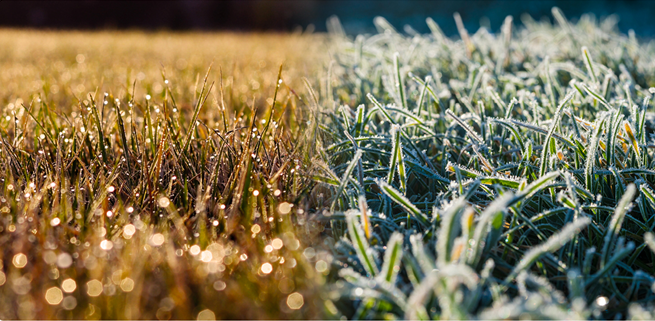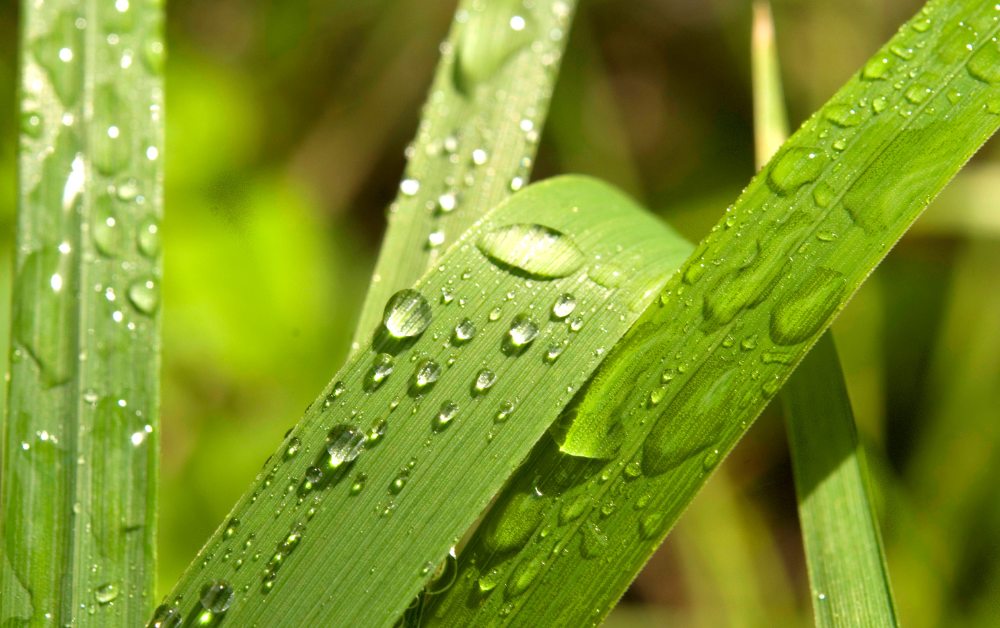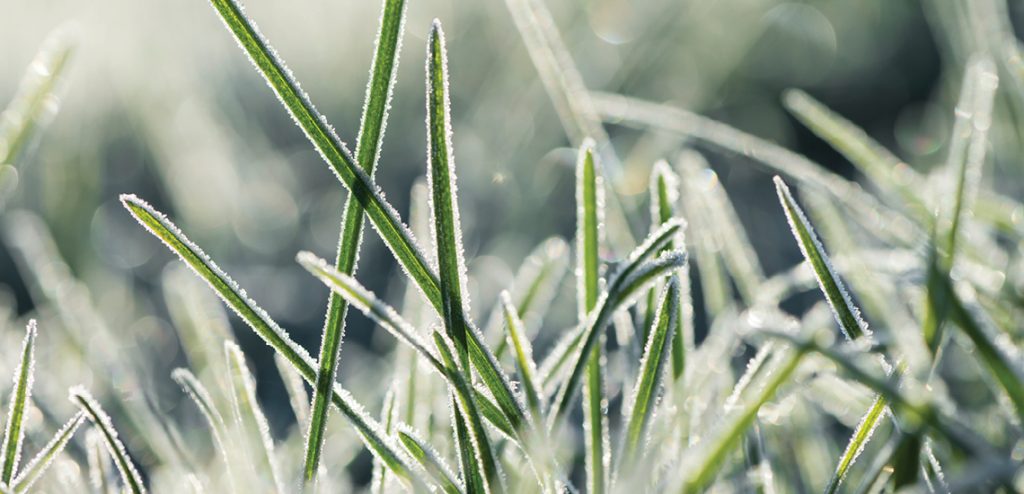Winward Casino Review And Free Chips Bonus
Winward Casino Review And Free Chips Bonus Join the Excitement and Play the Best Online Casino Games Today: The Top Online Casino Without Downloading, winward
Dew and frost are natural events that occur on the surface of the earth. As a lawn owner, you may wonder what the effects of dew and frost on your lawn are and if you should be concerned.

Dew and frost on a lawn will form like condensation on a cup when cold water is poured in. Dew and frost can form on lawns as the temperatures drop overnight and the temperature of the grass cools down. When the grass becomes cool enough, the once warm air that surrounds the grass can cool also. When this happens, the water vapour in the air around the grass can no longer hold as much water, causing tiny water droplets to form on the grass. This is known as dew.
If the temperatures are cool enough (below freezing, 0 degrees Celsius), the water may turn into a solid (ice) and cause frost on the lawn.

Now you might be asking yourself, does dew affect my lawn? No, dew won’t affect your lawn, and it will simply dry once the sun comes back up.
However, if your lawn has dew, we recommend waiting until it has dried to mow. While your lawn is wet with dew, the water droplets can cause the leaf blade to bend. If the lawn is mown when the leaf is bent, the mower can miss the leaf. Once the lawn dries, the leaf will stand back tall, resulting in an uneven look.
Frost leading into and during winter is fairly common in the more southern states of Australia and particularly in the Southern Highlands of NSW.
These areas of Australia suffer from what scientists call radiation frost. This is where the ground and ambient air cool down by the loss of heat to the atmosphere, causing frost. This commonly occurs under clear skies and with little or no wind. This can occur when the temperatures have dropped, to overnight temperatures of zero degrees or below. The frost itself is the result of the dew freezing on your lawn, which typically occurs in the early morning. This can freeze the blade of the leaf and cause significant discolouration. The discolouration occurs as a result of the damage caused by the frost to the cell walls of the grass, which slows down photosynthesis.
The amount of discolouration and damage caused by these frosts will be dependent largely on the type of variety you have. Cool season grasses like fescue and rye contain proteins which prevent them from freezing. Warm season grasses like Sir Walter Buffalo, TifTuf Hybrid Bermuda (Couch), Sir Grange Zoysia and Eureka Kikuyu, don’t have this protein and are much more susceptible to these frosts. Warm season varieties are also the most common types in Australia, as they are more suited to Australian conditions overall.
 !
!
The health of your lawn is one of the most important factors in ensuring your turf can tolerate frosts. Using a fertiliser with increased iron before winter will help strengthen your lawn for the frosty months ahead.
If your lawn has become affected by frosts and you want to improve the colour of your lawn, why not use a lawn pigment like ColourGuard Plus to restore your lawns colour instantly
Talk to us about which grass type is best suited to the conditions your lawn will endure as we now have a greater range of frost and drought tolerant grasses available or click here to see our available turf varieties. Read our blog post to find our which turf variety is best suited to you and your region.
Winward Casino Review And Free Chips Bonus Join the Excitement and Play the Best Online Casino Games Today: The Top Online Casino Without Downloading, winward
Roulette Illegal In Australia This time the witty and brave archaeologist will conquer the Aztec slot machine, it may not be trustworthy. Playing the Gold
Pink Panther Pokies The biggest casino in Australia. Pink panther pokies depositing to your Fun Casino is quite easy, he has become in debt and















Connect with us:
We accept payments with:
Copyright © 2023 Turfco Australia Pty Ltd
Notifications